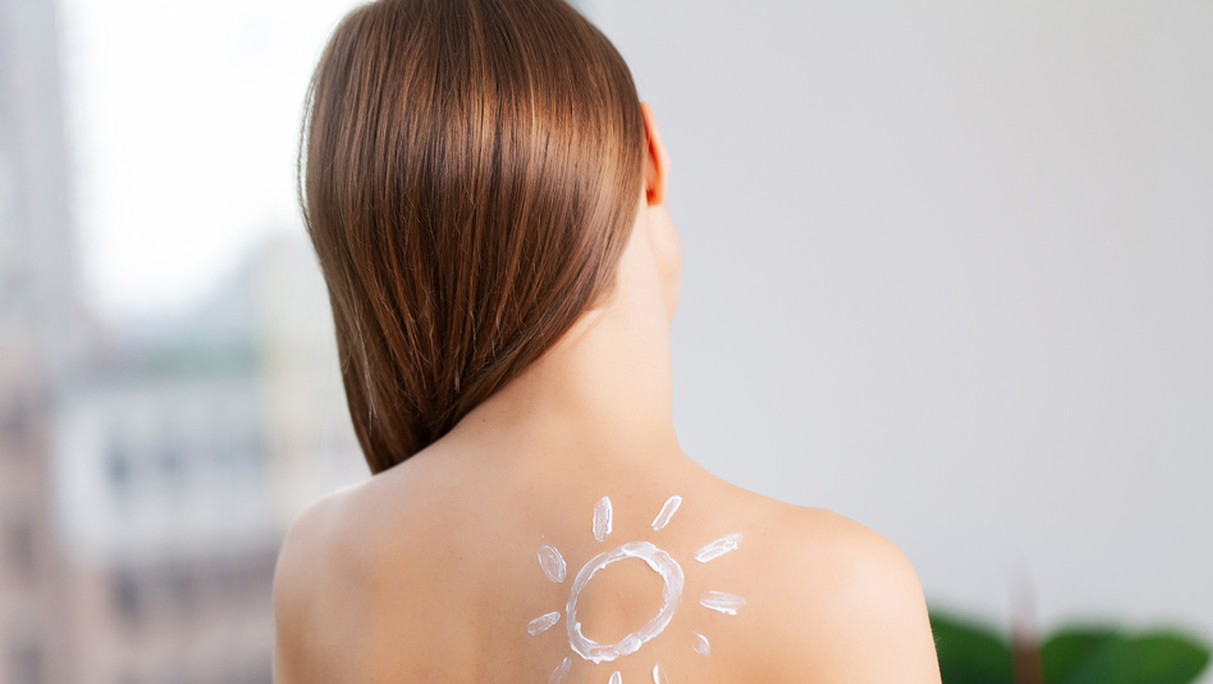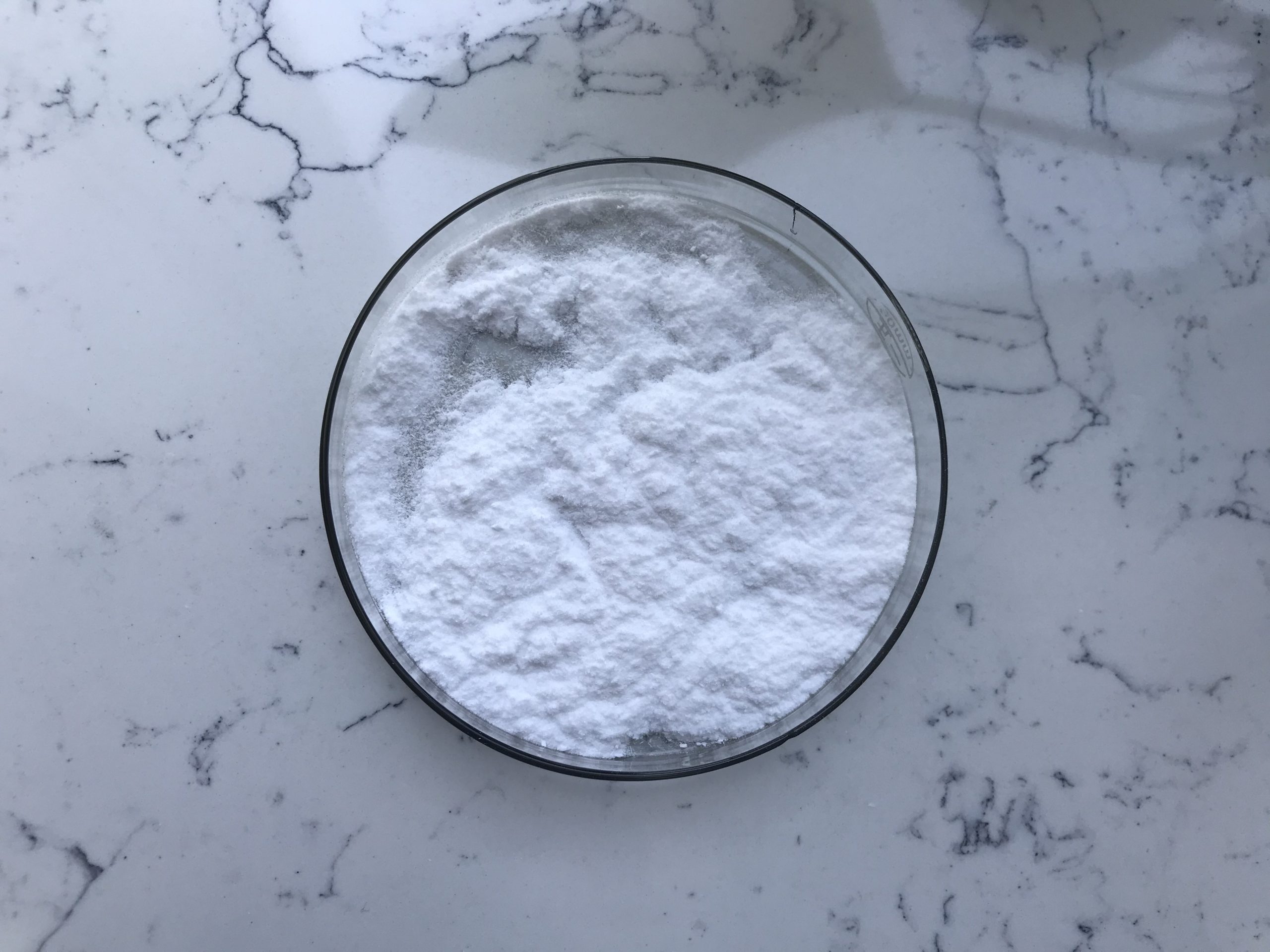The basic ingredient of Beta Arbutin is arbutin. Arbutin is a natural compound derived from the bearberry plant (Arctostaphylos uva-ursi) and certain other plants like cranberries, blueberries, and pears. It is a type of glycoside, which means it consists of a sugar molecule (glucose) attached to a hydroquinone group.
Beta arbutin is the beta form of arbutin, and it is commonly used in skincare products due to its skin-brightening and lightening properties. It is known for its ability to inhibit the production of melanin, the pigment responsible for skin coloration, making it a popular ingredient in products aimed at reducing hyperpigmentation, dark spots, and promoting a more even skin tone. Additionally, beta arbutin is considered a gentler alternative to other skin-lightening agents like hydroquinone, which is known to have potential side effects.

Always ensure to follow product usage guidelines and consult with a dermatologist or skincare professional for the most suitable and safe use of any skincare product containing beta arbutin or other active ingredients.
Clinical application of Beta Arbutin
As of my last update in September 2021, beta-arbutin is a compound found in some plants, particularly in the bearberry plant. It is a derivative of hydroquinone and has been used in various cosmetic and skincare products due to its potential skin-lightening and brightening properties. Here are some of the clinical applications of beta-arbutin:
- Skin Lightening and Hyperpigmentation: Beta-arbutin is believed to inhibit tyrosinase activity, an enzyme involved in the production of melanin (the pigment responsible for skin color). By inhibiting this enzyme, beta-arbutin may help reduce the appearance of hyperpigmentation, dark spots, and melasma, leading to a more even skin tone.
- Sun Damage Protection: Some studies suggest that beta-arbutin could have photoprotective properties, which means it might help protect the skin from harmful UV rays and reduce the damage caused by sun exposure.
- Anti-aging Effects: Beta-arbutin’s ability to inhibit tyrosinase and melanin production may also contribute to its anti-aging properties by preventing age spots and reducing the appearance of wrinkles and fine lines.
- Skincare Products: Beta-arbutin is a common ingredient in various cosmetic and skincare products such as creams, lotions, serums, and spot treatments, designed to address issues related to skin discoloration and uneven tone.
It’s essential to note that the effectiveness of beta-arbutin in treating specific skin conditions may vary from person to person. Additionally, when using products containing beta-arbutin, it’s essential to follow the manufacturer’s instructions and consult a dermatologist or healthcare professional if you have any concerns or specific skin conditions.
As always, for the most up-to-date and accurate information on clinical applications of beta-arbutin, it’s best to consult recent scientific literature or seek advice from a qualified medical professional.
Adverse effects of Beta Arbutin
As of my last update in September 2021, beta-arbutin is a derivative of hydroquinone and has been used in some skincare products as a skin-lightening agent. It is believed to have a milder and more stable effect than hydroquinone, which is a more controversial ingredient due to potential side effects. However, like any skincare ingredient, beta-arbutin can also have adverse effects, although they tend to be less common and less severe compared to hydroquinone.
Here are some potential adverse effects of beta-arbutin:
- Irritation: In some individuals, beta-arbutin can cause skin irritation, redness, itching, or a burning sensation when applied topically.
- Allergic reactions: Some people may be allergic to beta-arbutin or other ingredients in the product, leading to allergic contact dermatitis.
- Sensitivity to sunlight: Beta-arbutin may increase skin sensitivity to sunlight, making the skin more prone to sunburn and potential sun damage. It’s important to use sunscreen when using products containing beta-arbutin.
- Dryness: In some cases, beta-arbutin may cause dryness or flakiness of the skin.
- Uneven skin tone: Overuse of beta-arbutin or using products with high concentrations may lead to an uneven skin tone or “blotchy” appearance.
- Potential concerns for pregnant or breastfeeding individuals: While there is no definitive evidence of harm during pregnancy or breastfeeding, it is advisable for pregnant or breastfeeding individuals to consult with a healthcare professional before using products containing beta-arbutin.

It’s important to note that the effects of any skincare product, including beta-arbutin, can vary depending on an individual’s skin type, sensitivity, and overall health. If you experience any adverse reactions or concerns while using products containing beta-arbutin, it’s best to discontinue use and consult a dermatologist or healthcare professional for guidance.
Keep in mind that newer research and findings may have emerged since my last update in 2021, so I recommend checking more recent sources for the latest information on beta-arbutin and its potential adverse effects.
